Like any other art form, film is a medium where an audience member can connect to the work through its emotional aspect, its general aesthetic, the historical context, or any other various reasonings that would make it personally impactful. For myself, Hal Ashby’s film Being There (1979), is effective in the characterization of its main character Chance, played by the wonderful actor Peter Sellers, and how personally relatable it is as a proto-Autism Spectrum character. Through the constant use of Chance’s special interests, the off-kilter manner in which Chance communicates, and the way people around Chance perceive his actions, Hal Ashby and screenwriter Jerzy Kosinski strongly incorporate the personal experience of being on the Autism Spectrum, even if it was entirely unintentional.
Chance’s daily morning routine consists of watching television and tending the garden. As he expresses little interest in or awareness of anything else in the outside world, it’s hard for me to not connect my interest in both films and watching videos on the internet, as they’re my special interests that are hard for me to similarly step away from due to my Autism. As Chance seems to have a built-in routine for television and gardening, my own experience of needing a consistent routine with my Autism experience is also hard to step away from or alter without causing large amounts of stress.
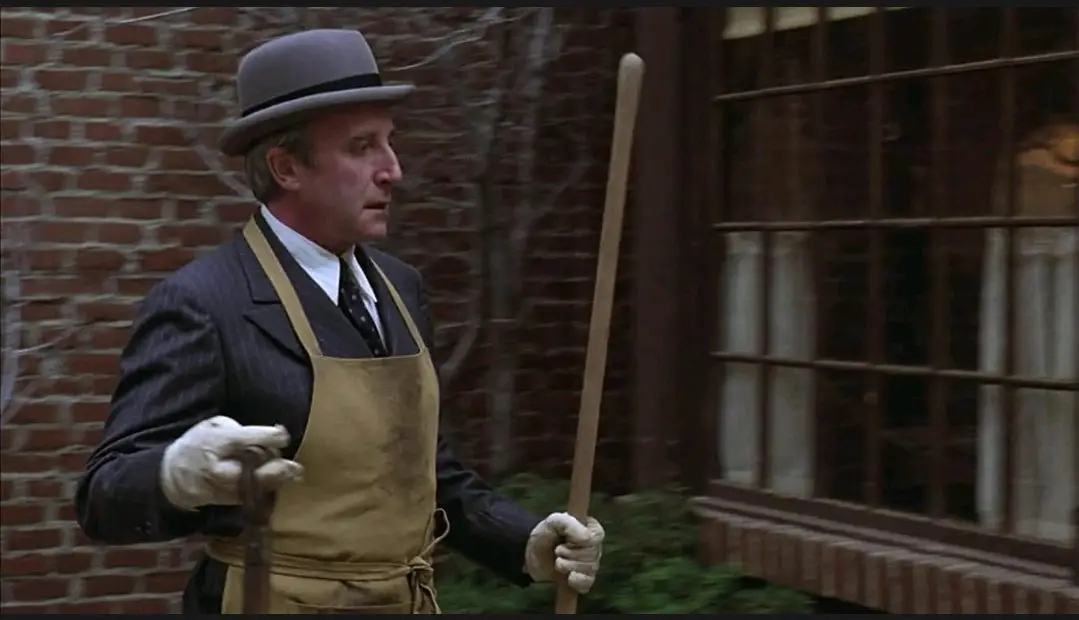
After his lifelong employer dies and the bank repossesses the house, Chance is forced to wander around Washington D.C., struggling to ask strangers in his search for a garden to tend. This focus on gardening with Chance is easy for me to sympathize with as, throughout my own life, I have tried to have social interactions within school or work tied to movie discussions or online video creators, and would feel left out if I couldn’t find a person with a similar interest, similar to Chance trying to find another gardener or gardening enthusiast after losing the comfort setting of his home. This thrust into the outside world is also an effective manner in highlighting an explanation to a general audience of Chance’s neurodiverse behaviors due to a lack of proper education and socializing with his isolation, as Autism was most likely not an intended catch-all explanation for Chance’s actions.
On the streets of Washington D.C, Chance speaks formally with a quiet tone whenever he converses with anyone. The strange accent and manner in which Chance speaks to others resemble the often neutral tone of voice I have when speaking, making it hard for others to gauge my emotions during a conversation, just as others seem confused towards Chance’s mannerisms as he’s dressed in fancier attire and doesn’t use slang compared to the other individuals in the lower-class neighborhoods of D.C. that he walks past. These scenes of awkward encounters between Chance and other strangers also highlight the anxieties of socializing prevalent within my own experience with the Autism Spectrum, as I occasionally struggle with eye contact or the clarity of my speech, preventing myself from having easier social interactions.
After Chance is hit by the car of Eve Rand (Shirley MacLaine) while being distracted by a storefront television display, he is taken to her home, owned by her husband Benjamin Rand (Melvyn Douglas), who mistakes the quiet-speaking Chance as “Chauncey Gardiner” instead of “Chance the Gardener” when she asks for his name. This comedic moment of misunderstanding is made somewhat believable due to the soft speech of Chance being hard to understand compared to the average talking volumes around him, just as people in real-life have misheard my last name Hartshorn and pronounced it as “Heart-shorn”, instead of “Heart’s-horn”, with my introduction of it being mumbled due to my Autism. Furthermore, Chance never corrects anybody when they refer to him as “Chauncy” or “Chauncy Gardiner”, just as I have often ignored strangers mispronouncing my last name when in public and will often accept it instead of spending another couple of minutes to fix the pronunciation.
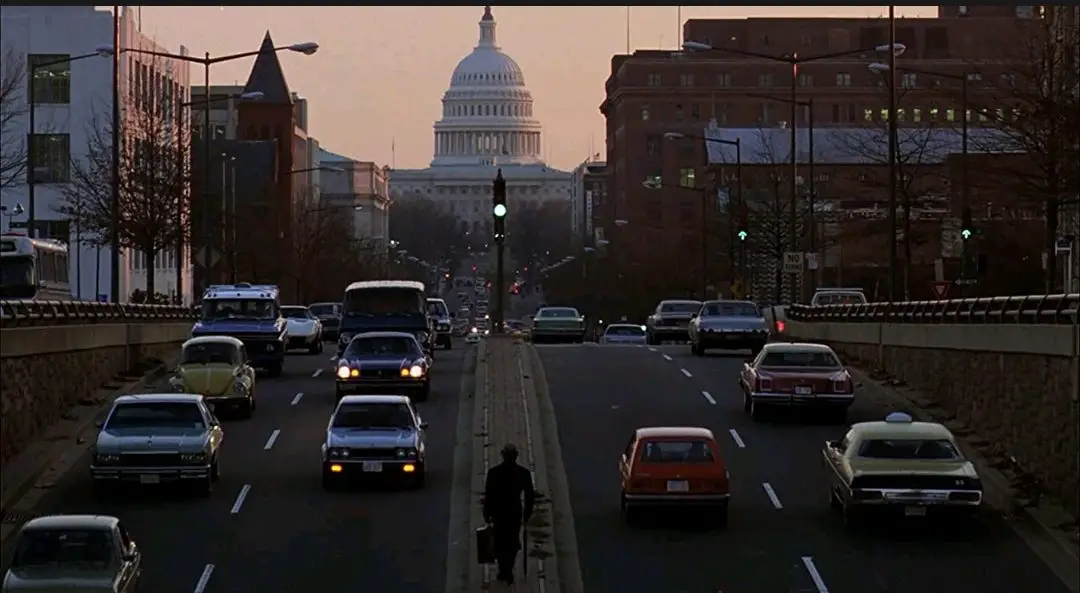
When Chance can sit in a meeting with Benjamin and President ‘Bobby’ (Jack Warden) due to the Rand’s being an influential political family in D.C. and gives gardening advice unintentionally marked as political advice after misinterpreting political advice questions thrust upon him by the other men, the plot then catapults into an effective political satire as Chance, a man whose only life experience has consisted of gardening and watching television, becomes a mysterious national figure of international governments after a large television news interview gains worldwide attention and support due to his gardening answers being analyzed as political metaphors by the interviewer.
This misunderstanding of Chance’s intentions of giving gardening advice from the questions given to him is relatable in the sense that I will often go along with a conversation on a topic I am entirely unaware of, as my Autism Spectrum experience makes it difficult for me to know how to stop or change social discussions without causing internal stress. Moreover, since nobody explicitly questions Chance on whether his gardening techniques are supposed to be political metaphors or genuine gardening advice, Chance doesn’t seem to realize that he is unintentionally misleading others when answering their questions, just as I often cannot pick up on non-explicit social cues with my Autism experience.
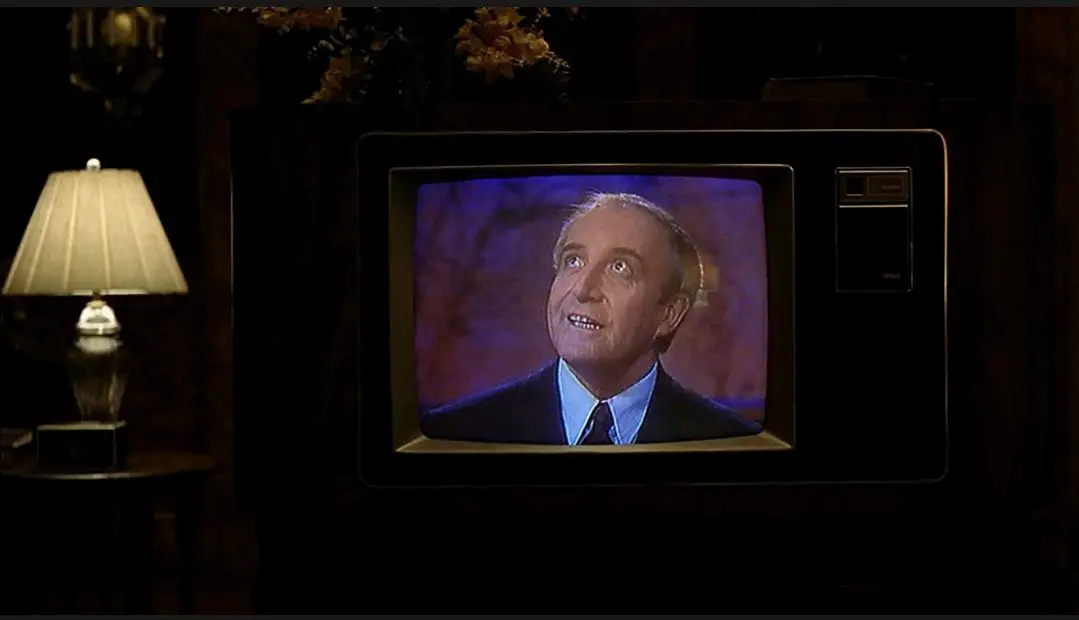
As Eve becomes romantically interested in Chance and tries to start a sexual encounter with him, she misunderstands his statement “I like to watch” as a euphemism for sexual voyeurism instead of a statement regarding his interest in television watching. This comedic moment of misinterpretation is relatable in that Chance, much like my Autism experience, cannot pick up on subtle social cues when interacting with other people, so he responds to a social conversation as hint-based as flirting is with a general lack of awareness. Eve, on the other hand, thinks that Chance is being metaphorical in his response as he doesn’t outright reject her advances, making the situation semi-relatable to me as outside friends and acquaintances will often be confused in my responses to their hints as my Autism makes it difficult to pick up non-explicit dialogue.
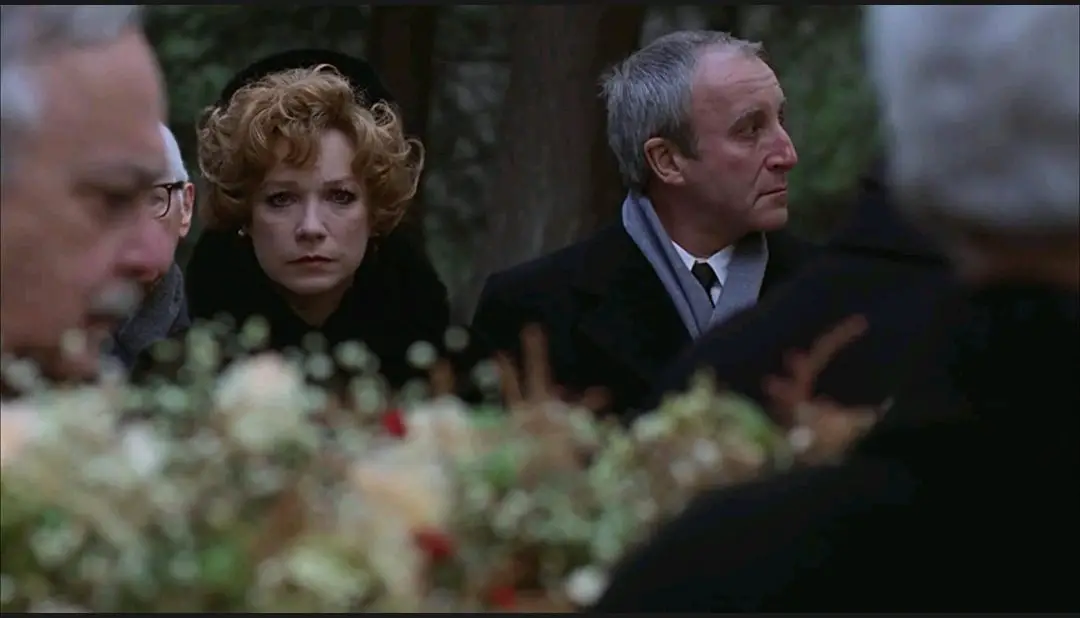
When Benjamin, who throughout the film has been characterized as terminally ill and approaching death, comforts Chance on his deathbed and gives him his last words, Chance responds with genuine sadness and tears in his eyes in an emotional reversal that takes away the blank-face presentation built up beforehand. This scene of heartbreak highlights the fact that while Chance may be unaware of general concepts and phrases, he is still capable of feeling and expressing genuine emotions like love and sadness, just as Autistic people such as myself have been mischaracterized as emotionless statues in the real-world by a misinformed general public. Chance’s reaction to Benjamin’s death also illustrates the strength of their friendship, as he sympathizes and cares for Benjamin’s predicament in a tender manner, unlike the other times Chance has appeared emotionless. Like Chance, it’s hard for me to express myself emotionally to individuals I do not have a strong personal connection to due to my Autism.
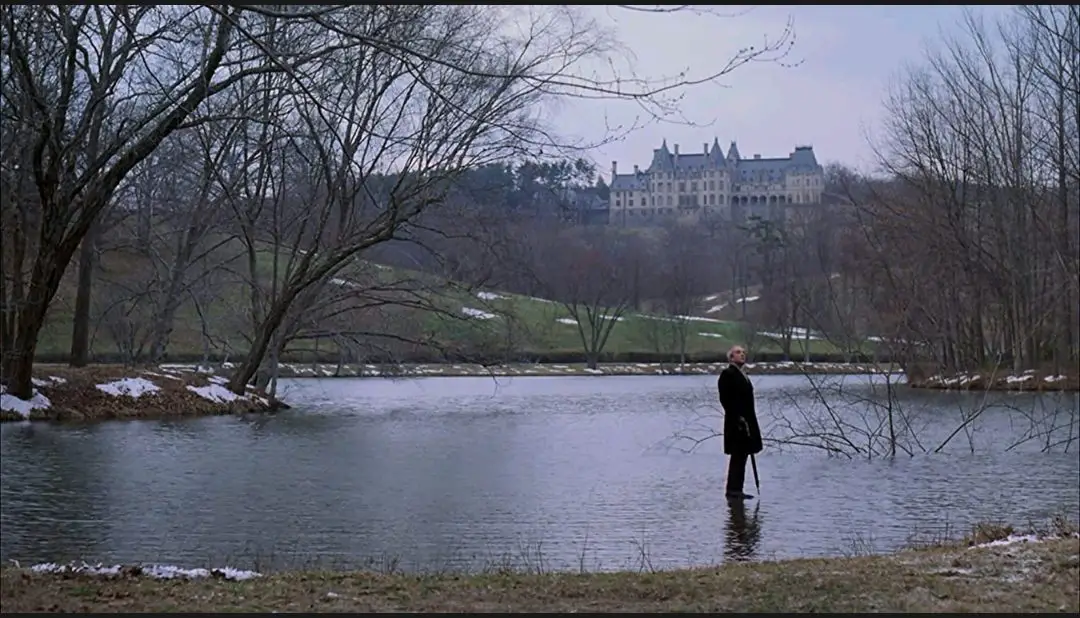
After President ‘Bobby’ delivers the eulogy at Benjamin’s funeral, Chance wanders off while Eve and the others stay behind. With Chance encountering a large lake, cleaning up dead branches around due to his gardening tendencies, and stepping out on the water, Chance seems unaware of his mystical situation as the film closes off with the final line of the President’s speech “Life is a state of mind”. Maybe it is a fool’s errand to tie a character as thematically complex as Chance to an Autism analysis, just as everyone else in the film fails to adequately fit Chance into their narrative. Even the final shot emphasizes that Chance is unaware of his situation, so how can an interpretation based on unintentional similarities to a social disorder be any more explanatory?
However, in the absence of many strong portrayals of Autism in popular culture that don’t feel patronizing in their use of Autism as some sort of superpower in something like The Accountant (2016), or are entirely offensive in both the production, marketing, and portrayal of Autism and how Autistic individuals need to be cared for in a film like Music (2021), Being There (1979) is humanizing in the portrayal of a relatable neurodiverse character like Chance, a trait sorely lacking from most films about Autism being made to this day, even if it was never intended during the film’s production.



